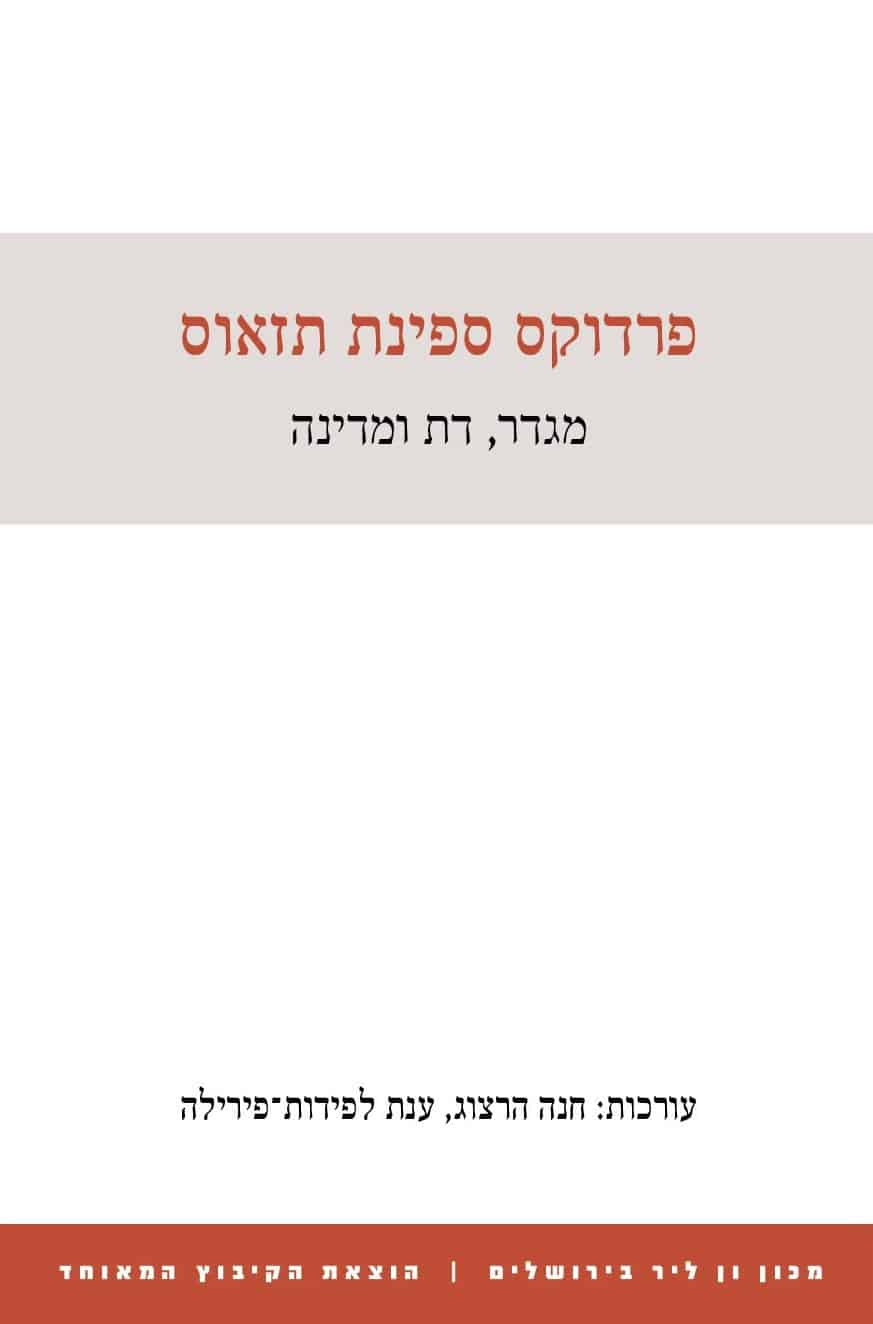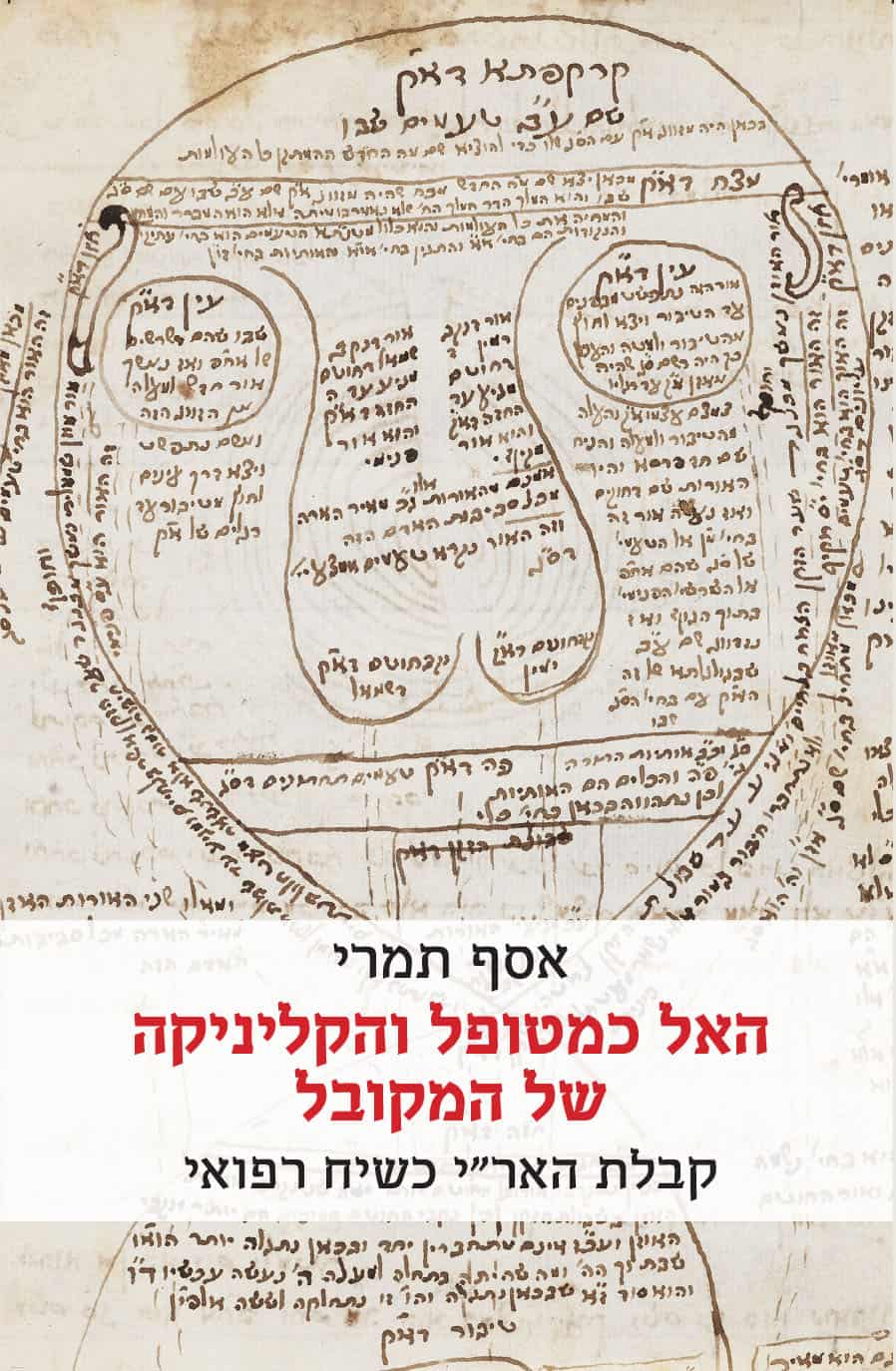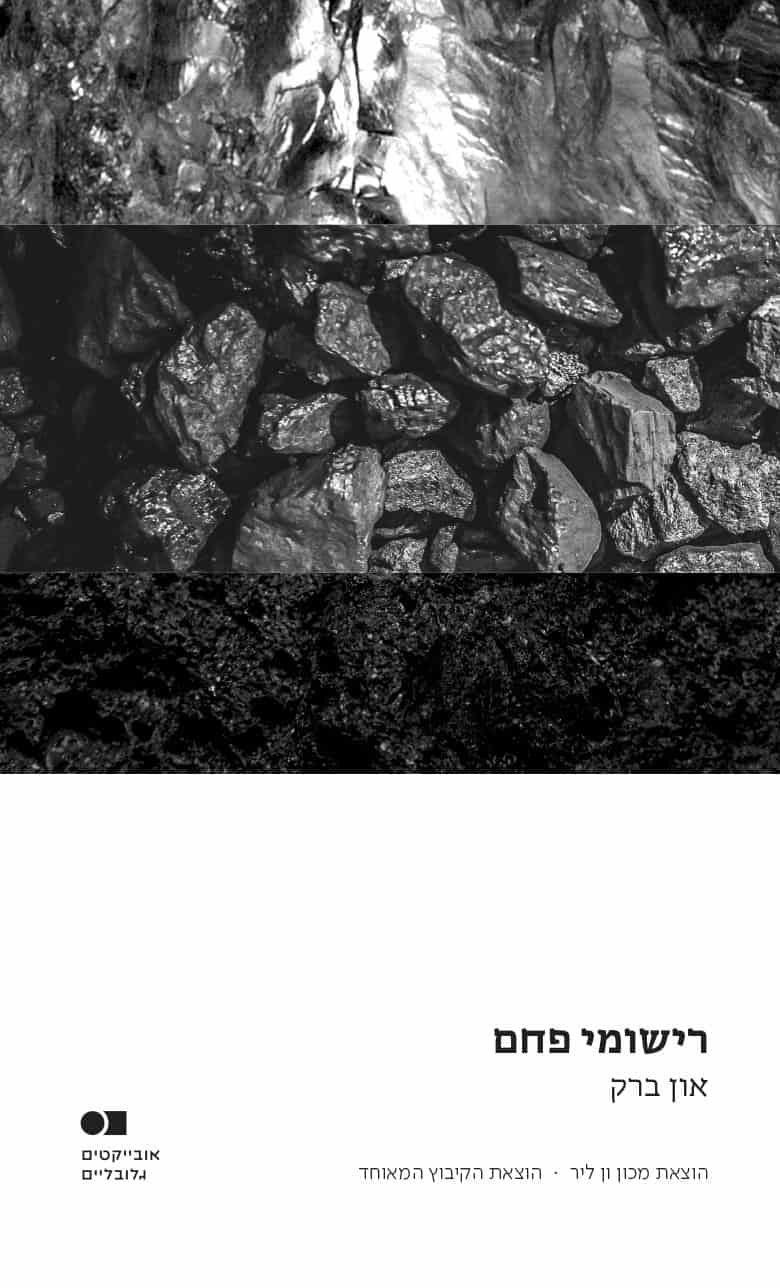Theseus’s Paradox
Gender, Religion and State
| Edited by | Hanna Herzog, Anat Lapidot-Firilla
|
| Publisher | Van Leer Institute Press and Hakibbutz Hameuchad |
| Language | Hebrew |
| Year of Publication | 2014 |
| Series | Theory in Context Series |
In Theseus’s Paradox: Gender, Religion and State scholars from varied knowledge bases and research areas invite the reader to embark on a journey to various communities throughout the Middle East, with an emphasis on the communities in Israel, in an attempt to trace the relations between the three categories of gender, religion, and state. The paradox of Theseus’s ship—which raises the question of whether an object made of up particular components maintains its identity even after all the components have been replaced—is a metaphor for the discussion of the complex relations between these three categories. Like the ship’s beams that have been replaced, social categories, which appear to maintain their permanent and distinct form, are actually the products of continuous social construction and are given to constant change. This theoretical starting point challenges the customary binary thinking, which usually explores the relations between religion and state, religion and gender, or state and gender. The approach presented in this book assumes that social categories, like social relations, are a tangled network of mutual relations, such as conflict, competition, sharing, agreement, subjugation, dissemination, and mutual change. In this spirit, the articles in the collection propose an analysis of the ways in which the three categories are perceived as separate categories but in actuality shape each other and create webs of life, which simultaneously unravel the seemingly permanent form of each category and give it new dimensions and levels of meaning.
This anthology adds another perspective and other social components of gender, religion, and state, leaving the reader to wonder whether after all of a society’s components have been changed and replaced it is still the same society.




